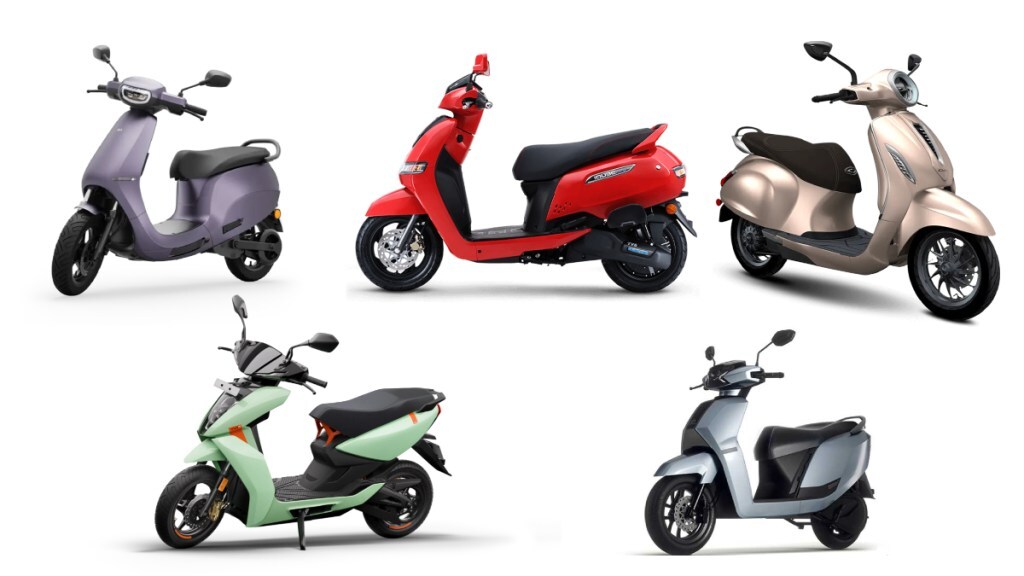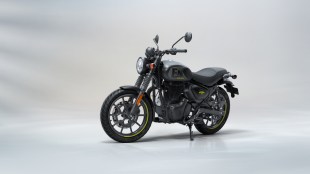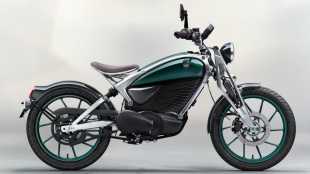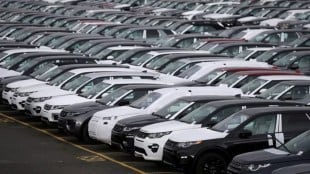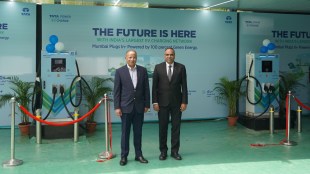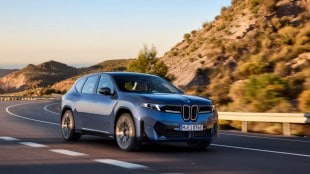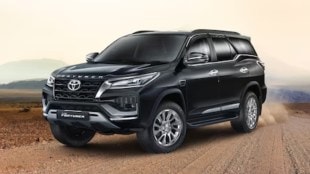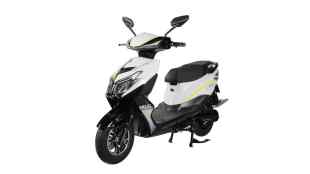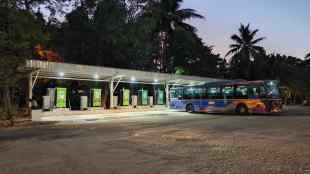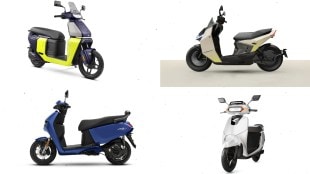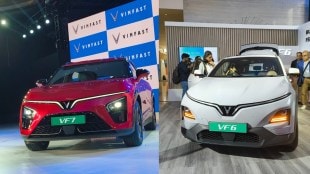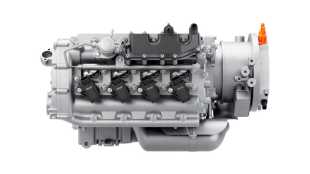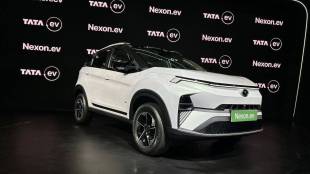As per a recent development, the Automotive Research Association of India (ARAI) in Pune has completed a series of three crash tests of some of the prominent electric scooters. This comes after numerous incidents including fire and breakage have been reported in battery-powered scooters over the last couple of years.
This could be the first such move in the world where two-wheelers have been crash tested by a governing body despite the absence of mandatory crash testing regulations for both internal combustion engine (ICE) and fully-electric two-wheelers. It could mark a significant step towards establishing standard safety norms for two-wheelers in India.
ARAI safety crash tests for electric scooters
According to a recent report by Autocar Professional, ARAI claimed that the tests were conducted for specific customers and refused to disclose the identities of the OEMs involved. That said, the automotive testing agency under the Ministry of Heavy Industries (MHI) did share some details of the test conducted.
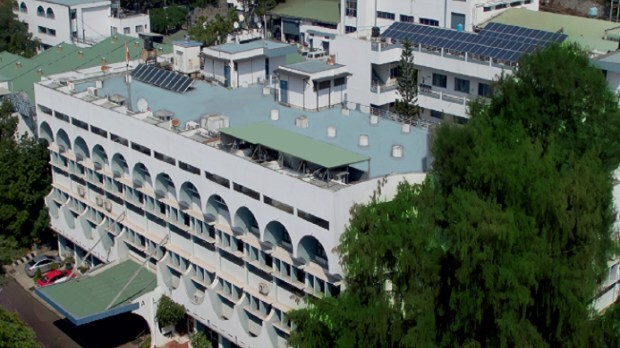
ARAI said the tests were conducted against standard industry benchmarks, utilising accelerometers and high-speed cameras to capture detailed crash data. A standard rigid barrier and a side pole were used in the tests. Industry stakeholders believe the latest development could push towards mandatory electric two-wheeler crash testing in India which could potentially raise safety standards for electric two-wheelers in the future.
Battery safety norms
In response to the several fire-related incidents associated with electric scooters that took place over the last few years, the Government of India introduced certain battery safety norms. The norms were forcefully implemented in order to prevent OEMs from using cheap and sub-standard quality batteries in electric two-wheelers. This also adversely affected the prices of electric two-wheelers which since then has witnessed an exponential spike.
Earlier, OEMs used to import generic battery kits from China to quickly produce an electric two-wheeler at a cheap price. The battery standards could be integrated into a wholesome set of regulations for electric two-wheelers which could instil more confidence in buyers to opt for a battery-powered two-wheeler. Currently, India’s electric vehicle penetration stands at 5%.
